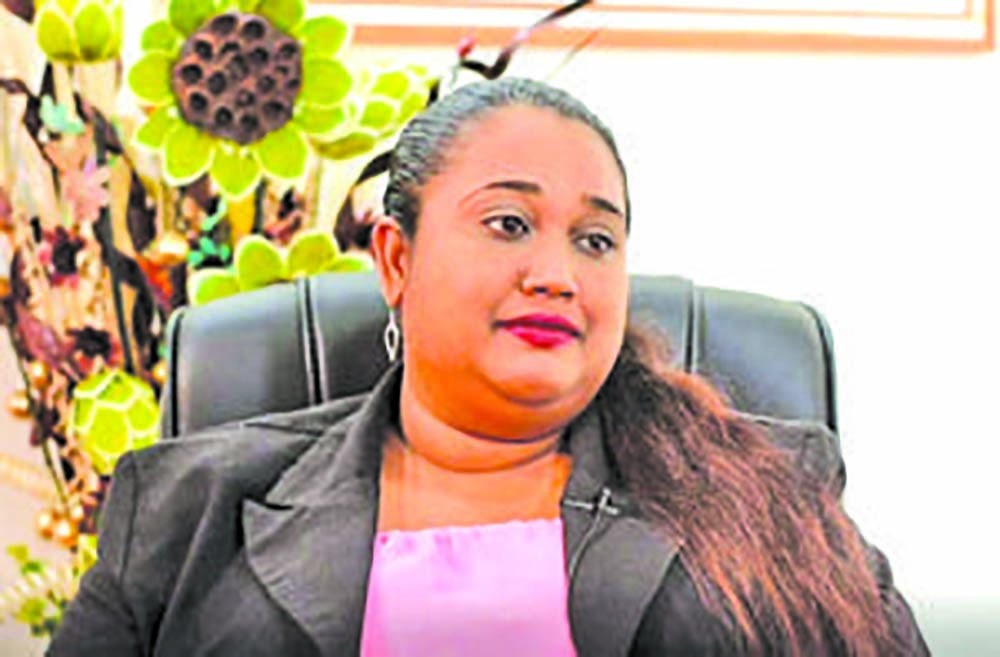
Recent calls by Opposition parties in the National Assembly for more inclusion on parliamentary sectoral and select communities are unlikely to find favour with Opposition Leader Joseph Harmon as he shoots down the suggestion.
During a press conference on Monday, Harmon was asked to comment on the joinder parties: Liberty and Justice Party (LJP), A New and United Guyana (ANUG) and The New Movement (TNM) and their recent calls for inclusion.
Harmon, who belongs to the main Opposition, A Partnership for National Unity/Alliance For Change (APNU/AFC), pointed out that LJP presidential candidate Lenox Shuman has already been appointed as Deputy Speaker of the National Assembly.

Pressed on their concerns that they have been excluded from the parliamentary committees, Harmon intimated that it was too late for them.
“I think we have made that determination already. We’ve gone through the process of electing a Speaker and Deputy Speaker, we’ve gone through the process of appointing members and Chairpersons of these committees,” he said.
“And it is quite strange that at this time, when all these committees have started to work, that this noise is being made,” Harmon also said, going on to accuse the joinder parties of having an agenda to dilute the presence of APNU/AFC on the committees and noting that he does not see “how that is going to happen.”
In a statement on Saturday, the joinder parties called for inclusion in the decision-making avenues offered by the parliamentary committees, in order to ensure transparency and efficiency of a “progressive society”.
The joinder parties had pointed out that the current standing orders governing the selection of these parliamentary committees perpetuate the inclusion of only two parties by forcing all other parties to fall under the discretion of the Opposition Leader.

Dr Asha Kissoon
The parties called for all voters to be represented adequately by abolishing the control which the largest Opposition party has to determine where small parties should sit on the various committees. Going forward, the joinder seat will propose these amendments. Presently, the APNU/AFC is the larger party on the Opposition bench.
“This gives the largest Opposition party control over whether the third parties will be given a seat on the parliamentary committees, and institutionalises an undemocratic system which leaves a significant portion of the electorate unrepresented in the decision-making processes. All voters who have representation in the National Assembly should fairly be represented at the table, and this should be rejected in the standing orders,” the missive announced.
The three joinder parties collectively won a single seat in the 65-seat National Assembly following the March 2020 General and Regional Elections. The number of votes indicated that of the trio, LJP secured the most votes with 2657, while ANUG and TMN secured 2313 and 244 respectively.

Ralph Ramkarran











